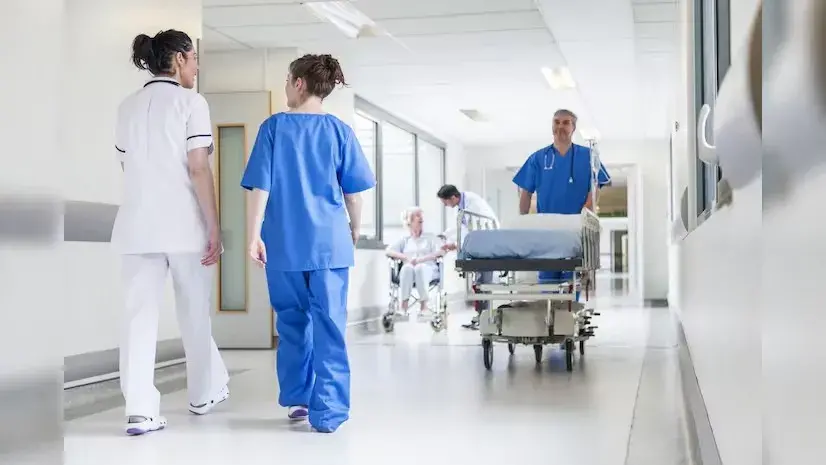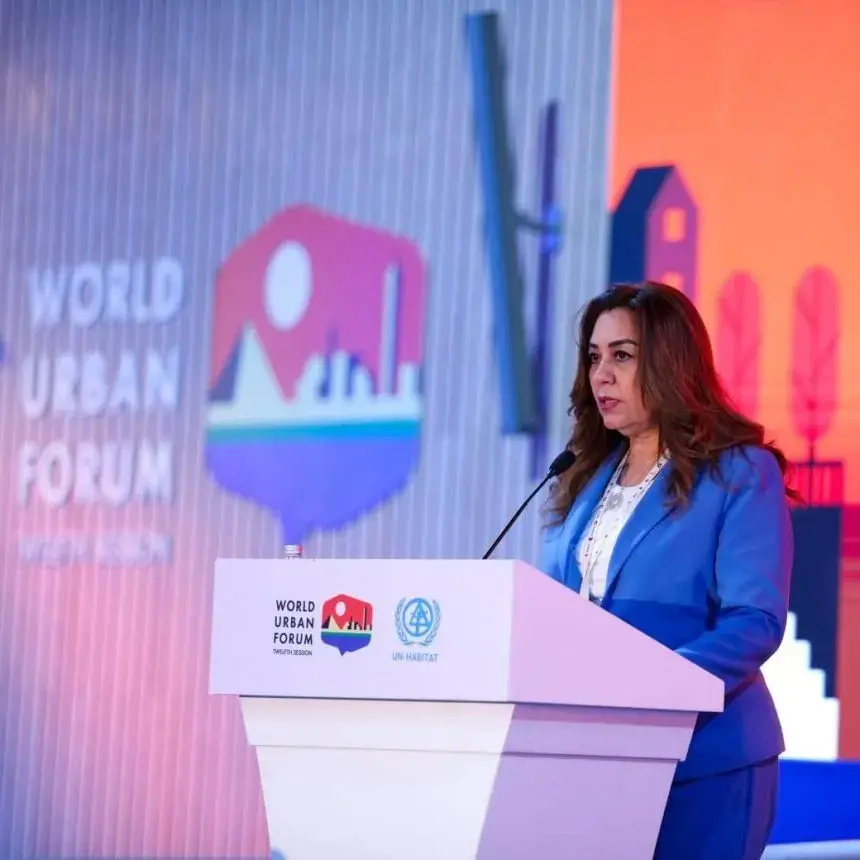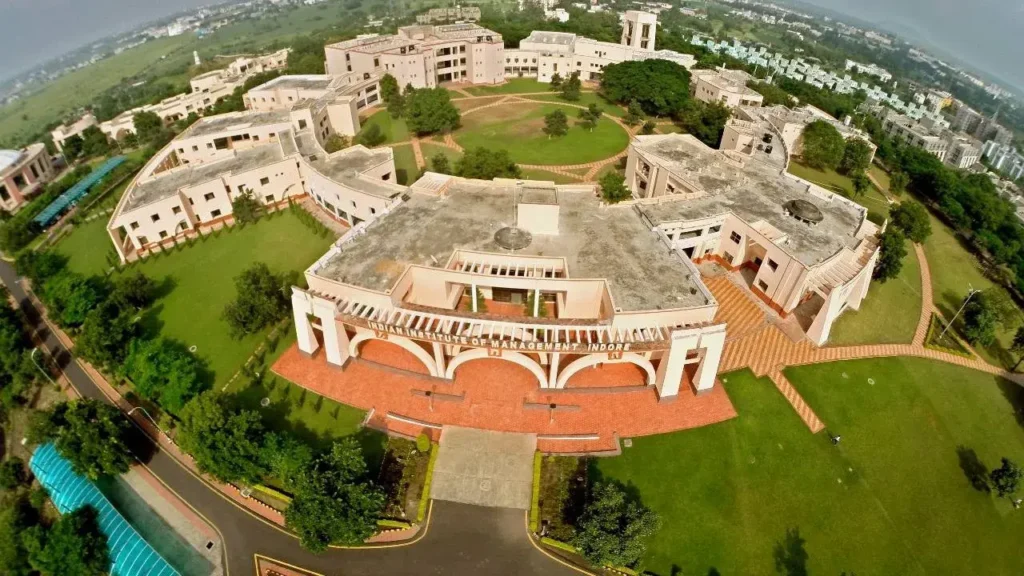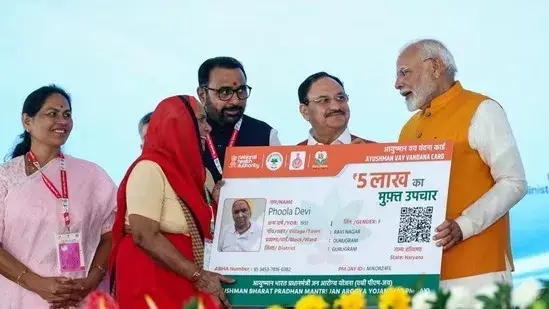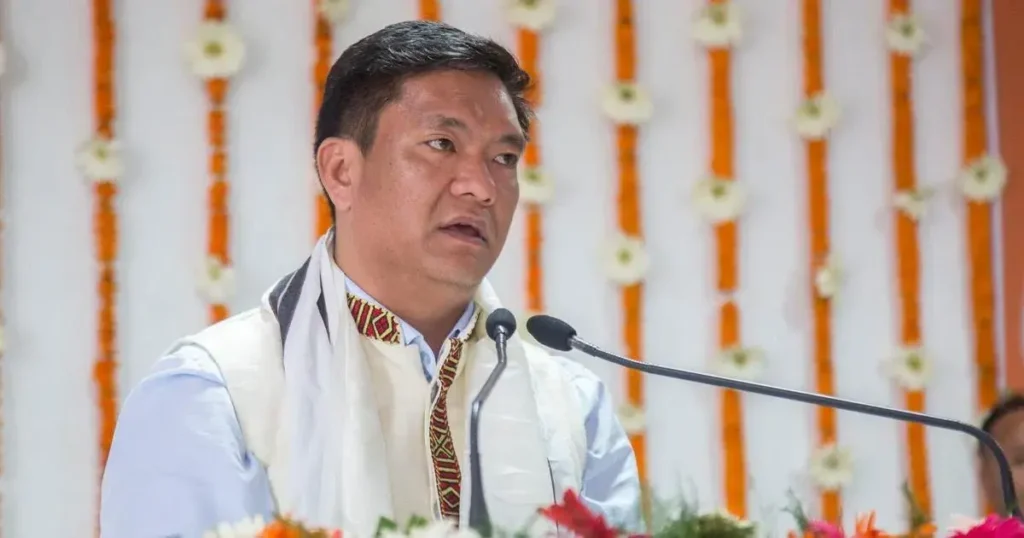West Bengal Activates Central Referral System in Five Kolkata Medical Colleges to Streamline Patient Transfers
The West Bengal government has initiated a central referral system across five prominent medical colleges in Kolkata. This development follows recent demands from junior doctors and healthcare staff who have advocated for improved safety and operational protocols in the wake of tragic incidents affecting healthcare professionals. Alongside this system, a digital bed vacancy monitor has been introduced at the NRS Medical College and Hospital, providing real-time information on bed availability in each department. According to a senior official from the state health department, the newly activated central referral system is designed to facilitate smoother and quicker transfers of patients requiring advanced care from rural hospitals to the city’s medical colleges. By enabling district hospitals to reserve a bed in Kolkata-based establishments before referring patients, the system aims to reduce the uncertainty and delay often experienced in patient transfers. The central referral system is now operational in five key healthcare institutions in Kolkata: Calcutta Medical College and Hospital, SSKM Hospital, RG Kar Medical College and Hospital, NRS Medical College and Hospital, and National Medical College. These facilities have started responding to requests from district hospitals in rural West Bengal, marking the beginning of a more organized and transparent process. Key Features of the Central Referral System The core of the central referral system lies in its digital framework, which connects rural and district hospitals with city-based medical colleges through an online portal. Hospitals in rural areas can now make a formal bed request on behalf of patients needing higher-level medical support, particularly in complex cases where specialized treatments are necessary. Once a request is received, the medical colleges in Kolkata will promptly update their bed availability status, allowing rural hospitals to receive immediate confirmation on whether the patient can be accommodated. This enables faster and more efficient patient transport from rural facilities to Kolkata, thereby reducing critical time loss in emergency situations. An official from the health department remarked, “The central referral system was activated today in the five major medical colleges in Kolkata. Complete implementation will take a few more days to fully optimize the process.” He further highlighted that the referral system would soon be extended to additional healthcare facilities across the state, making it possible for more hospitals to link directly with Kolkata’s primary medical institutions. Digital Bed Vacancy Monitor to Increase Transparency To complement the referral system, a digital bed vacancy monitor has been introduced at NRS Medical College and Hospital, one of Kolkata’s busiest healthcare facilities. This digital monitor provides a real-time display of bed occupancy, showing the current number of beds available across different departments. Families and patients will be able to view these updates on screens located within the hospital, reducing confusion and ensuring that those in need are informed of availability as they arrive. “This digital monitor will offer transparent and accurate data, keeping families and referring hospitals well-informed,” the health official added. The display board at NRS Medical College and Hospital is set to show real-time bed occupancy across departments, providing essential information to both healthcare providers and the public. This system is expected to alleviate the long-standing issue of patients and families being turned away or directed to other facilities due to bed shortages without proper information. Healthcare Reforms in Response to Junior Doctors’ Demands The implementation of these systems comes in response to recent protests and demands from junior doctors who have called for improvements in healthcare infrastructure and staff safety protocols. Following the tragic assault on a medical professional at RG Kar Medical College, the need for reform has been amplified, with doctors and healthcare workers urging for better safeguards and resources. The government’s swift action in implementing these systems reflects a commitment to improving both safety and efficiency within the state’s healthcare framework. Looking Forward: Statewide Implementation While the central referral system and digital bed monitor have initially been activated in Kolkata, plans are underway to extend these initiatives throughout West Bengal. The state health department is working on integrating more hospitals into the system, with the goal of building a seamless network that covers not only Kolkata but also rural areas across the state. By creating a unified platform for bed availability and patient transfer, the government aims to make healthcare services more accessible to residents in every district. The activation of these systems represents a forward-thinking approach in West Bengal’s healthcare landscape, prioritizing patient care and operational transparency. As more hospitals join the network, the state anticipates a significant reduction in patient transfer delays and an increase in the efficient use of healthcare resources, contributing to better outcomes for patients and a more organized system for healthcare professionals. Source: Business Standard Photo Credit : Business Standard

